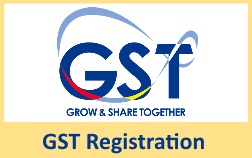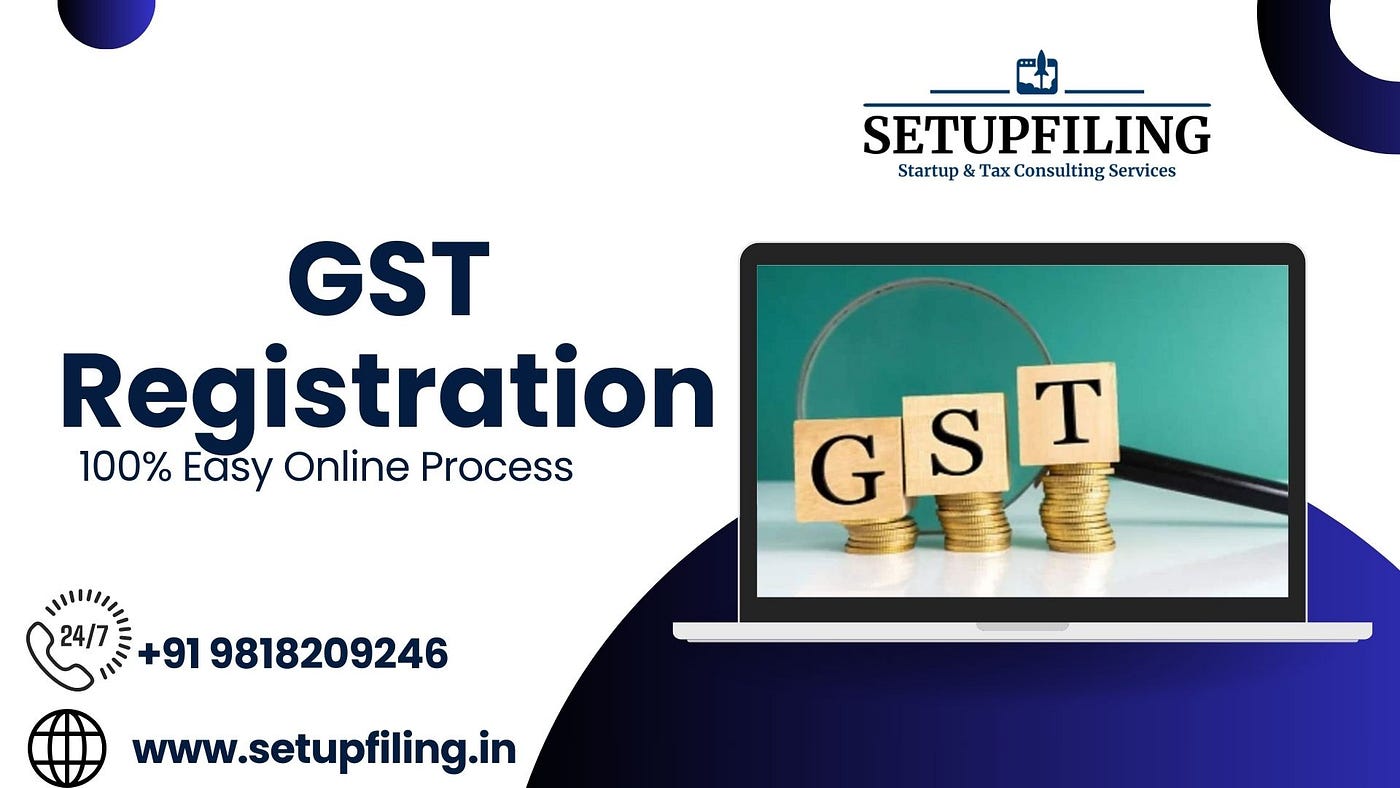Comprehensive Overview to the very best GST Registration Services in Singapore
Comprehensive Overview to the very best GST Registration Services in Singapore
Blog Article
From Beginning To End: The Ultimate Roadmap to GST Registration for Companies Seeking Financial Stability
Browsing the intricacies of Goods and Solutions Tax (GST) enrollment is an important step for organizations pursuing economic stability. From recognizing the fundamental concepts of GST to abiding by post-registration standards, the process can appear discouraging in the beginning glance. Breaking down the roadmap right into manageable steps can improve the registration trip for services looking to enhance their financial standing. Allow's explore the vital components that compose this ultimate roadmap and find exactly how each phase contributes to laying a strong foundation for monetary success.
Understanding GST Fundamentals
Digging into the essential concepts of Item and Provider Tax (GST) is important for acquiring a comprehensive understanding of its effects on businesses and the economic situation. Input Tax Obligation Debt (ITC) is a substantial function of GST, permitting companies to assert credit score for tax obligations paid on inputs, minimizing the overall tax obligation concern. Comprehending the fundamentals of GST is crucial for organizations to comply with tax obligation guidelines, manage their funds efficiently, and contribute to the nation's financial development by getting involved in a clear tax system.
Qualification Standards for Enrollment
To register for GST, organizations need to meet specific qualification requirements established by the federal government. The key qualification demand is that any type of organization associated with the supply of items or solutions with an annual accumulation turn over over the threshold restriction set by the authorities have to sign up for GST. As of the current policies, the threshold limit for GST enrollment is an annual aggregate turn over of 40 lakhs for companies operating within a state, with the exception of special classification states where the limit is 20 lakhs. Furthermore, particular services are required to sign up for GST irrespective of their turn over, such as interstate suppliers, casual taxable persons, and businesses reliant pay tax under the reverse charge mechanism. It is vital for businesses to thoroughly evaluate their turn over and transaction types to establish their GST registration responsibilities accurately. Failing to sign up for GST when eligible can cause fines and lawful effects, making it necessary for organizations to comply with the defined eligibility criteria.
Documents Required for Registration
Having satisfied the eligibility standards for GST registration, companies should now ensure they have the requisite documents in place to wage the enrollment procedure effectively. The documents required for GST enrollment usually include evidence of organization constitution, such as collaboration action, enrollment certification, or incorporation certification for various types of services. Furthermore, services require to give files developing the primary place of service, such as a rental agreement or electrical power expense. Frying pan card of the business, as well as the identity and address evidence of promoters/partners/directors, are crucial for verification purposes. Savings account statements, in addition to terminated cheques or a duplicate of the bank passbook, are needed to confirm the economic details supplied during enrollment. Moreover, services need to have electronic trademarks all set for the licensed notary. Ensuring all these records are arranged and easily offered will certainly speed up the GST registration procedure, allowing businesses to abide by tax obligation regulations perfectly.
Step-by-Step Enrollment Refine
Beginning the GST enrollment process includes a series of structured actions to ensure a compliant and seamless enrollment for businesses. The very first step is to visit the GST site and fill out visit this site right here the registration form with accurate details of business entity. Following this, the applicant obtains a Short-lived Referral Number (TRN) which is used to resume the application procedure if it's not finished in one go.
Following, all required files as per the list provided by the GST portal demand to be uploaded. These files commonly include proof of company identification, enrollment and address proofs of promoters, economic declarations, and organization entity's frying pan card.

Post-Registration Compliance Guidelines

Final Thought
To conclude, companies seeking monetary security needs to recognize the fundamentals of GST, satisfy eligibility criteria, collect necessary papers, follow the detailed enrollment procedure, and abide by post-registration standards - Best GST registration services site here in Singapore. By adhering to these steps, services can ensure conformity with tax guidelines and maintain monetary stability over time
Furthermore, specific companies are required to register for GST irrespective of their turnover, such as interstate suppliers, casual taxed individuals, and businesses responsible to pay tax obligation under the reverse charge mechanism.Having actually met the qualification criteria for GST enrollment, services should now guarantee they have the requisite papers in place to continue with the registration process efficiently. The documents required for GST enrollment normally consist of proof of company constitution, such as collaboration act, enrollment certification, or incorporation certification for various types of organizations. Furthermore, businesses require to offer files establishing the principal place of company, such as a rental arrangement or electrical power expense.Beginning the GST registration procedure involves a collection of organized steps to make certain a seamless and certified registration for companies.
Report this page